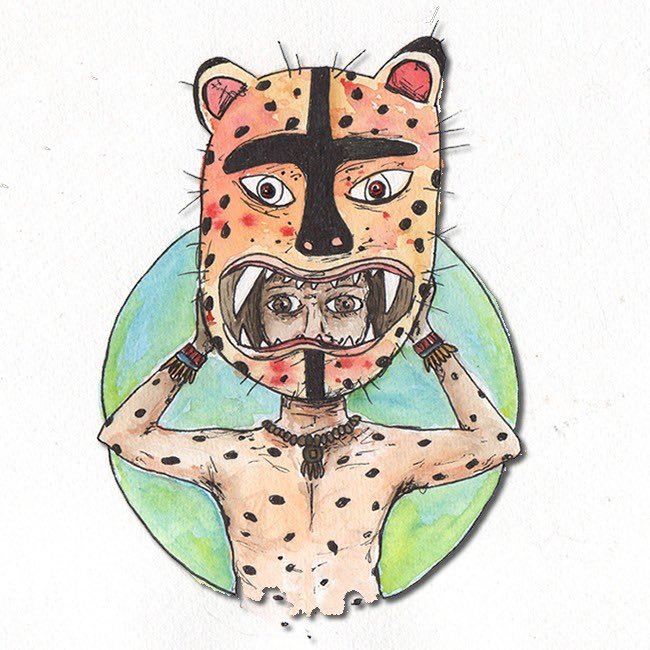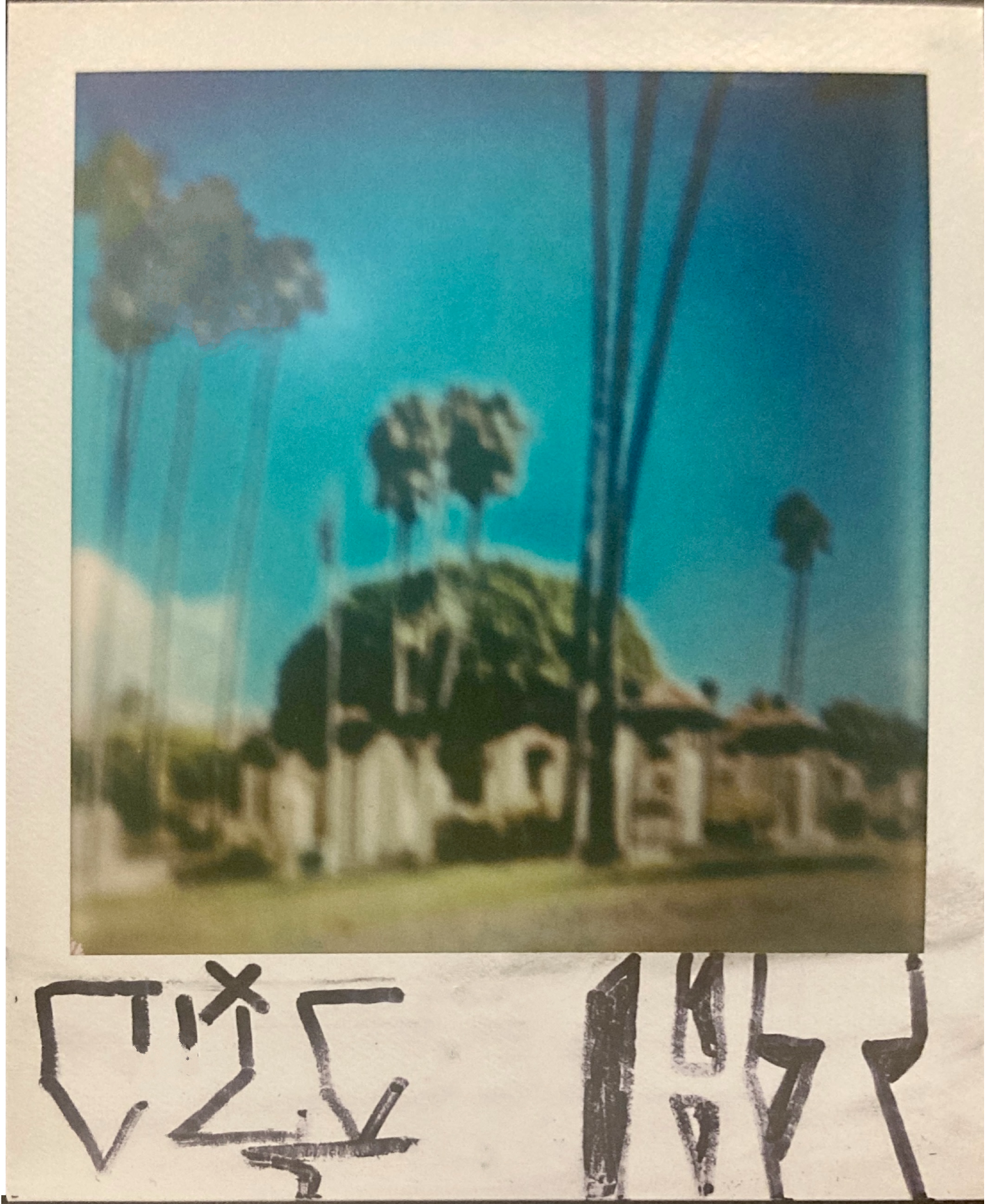Leonel Alvarez Ceja
Tialli (Hello),My name is Leonel Alvarez Ceja; I am an Indigenous Chicano (Xicanx) Philosopher and current Dean's Scholar at Cornell University. I am a first-generation student, having been the first in my family to attend middle and high school and acquire literacy skills. At present, I find myself in the initial stages of pursuing a Ph.D. at the Sage School of Philosophy at Cornell University, commencing in the Fall of 2024. My primary research interests include Metaphysics—specifically causation, mereology, social ontology, space and time—as well as Moral, Social, and Political Philosophy. While my projects sometimes focus on Latin American, Mexican, Chicanx, and Indigenous Mesoamerican issues, they are not limited to these themes.
I am currently engaged in three projects that I am grateful to be working on with my mentors. The first project involves developing a comprehensive philosophical framework to explain the totality of the Xicanx (Chicanx) standpoint, alongside
Kate Manne (Cornell) Ned Hall (Harvard) and Stephen Darwall (Yale). At the same time, the second project focuses on Aztec causation, while the third is at the intersection of causation and mereology, both of which I also work on with Ned Hall (Harvard). Find my CV here, email me at la456[at]cornell.edu. In the past I served as a researcher to Calvin Normore at UCLA, where I earned my Bachelor’s degree in Philosophy. Prior to that, I held a similar position under Katrina Elliott. Additionally, I am a co-founder and signatory of the MAP Chapter at UCLA.My ancestors are the indigenous communities (Purépecha and Azteca) that inhabited the Mexican highlands, a legacy that I hold in the utmost regard and reverence, paying homage to both my ancestors and the present-day elders. I am originally from Southern California, and my family currently resides in the rural villages of Paredones and Potrerillos (near the Purepecha village of Tzitzio), located in the state of Michoacan, Mexico. Formal education and upward mobility were not easily attainable tasks for many people from these villages. Nevertheless, even amidst these challenges, one never forgets the community that imparted values that formal education alone cannot teach. Therefore, I am deeply grateful for their teachings and humbled to be their student.As the lyrics of Gerardo Reyes beautifully express:"No fui a la escuela Yo aprendí de grande Las letras no entran cuando se tiene hambre Y no hay quien te dé la mano si eres pobre Por eso vuelvo a este pueblo viejo Donde la vida me trató tan mal Y esta es mi raza Que por nada dejo Aunque volviera yo a sufrir igual." translated as "I didn't go to school; I learned as an adult. Words aren’t learned when you're hungry, and there's no one to lend a hand if you're poor. That's why I return to this old village where life treated me so badly, for these are my people that I'll never leave, even if I were to suffer in the same way again."One of my objectives within philosophy is to utilize my philosophical research toward the preservation, inquiry, and advancement of the knowledge and wisdom of my people while contributing to the present-day pursuit of social justice, equity, and inclusivity. Therefore, if you identify as a BIPOC (Black, Indigenous, and Person of Color) or LGBTQIA+ person and have any questions or require advice regarding academic philosophy, please don't hesitate to contact me. I am at your service and more than willing to help.Tlazocamati! (Grateful for y’all) In Lak’ech Ala K’in (You are another me)Research
I am currently engaged in three projects; the first explores the metaphysics of Chicanx standpoint, specifically highlighting a distinction between what I call the Chicanx triangulation from W.E.B. Du Bois' double consciousness.
At the same time, the second is on Aztec causation; using Aztec causal concepts, I aim to give an account of causation inspired by the Aztecs that, if successful, may inform contemporary metaphysical discussion on causation.
The third is at the intersection of mereology, causation, spacetime, and time travel. I aim to broaden, in this project, our understanding of time travel by giving an account of causal loops via a mereological focus on time travel and causation.
I have also conducted research, in collaboration with Calvin Normore, in the field of Mesoamerican Philosophy. Specifically, I have translated and compiled an extensive list of Mesoamerican codices, delving into their philosophical content. This research has ignited my curiosity regarding the philosophical intersections between Mesoamerican thought and various themes, such as causation within the broader field of metaphysics and issues of identity within social ontology.





